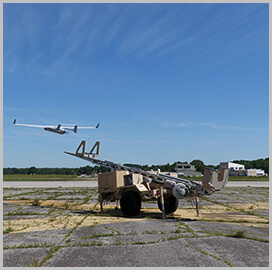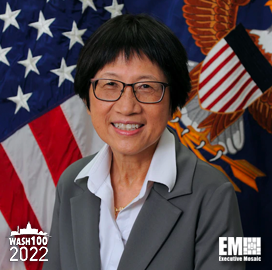The Government Accountability Office will conduct an assessment of the Thrift Savings Plan online system in response to a request by two congressional members.
The GAO review is expected to kick off in November to investigate the contract award, planning, implementation and the Federal Retirement Thrift Investment Board’s oversight, Congresswoman Eleanor Holmes Norton’s, D-D.C., office said Monday.
Norton and Rep. Abigail Spanberger, D-Va., made the request to GAO after hearing discrepancies in account balances, missing information, problems accessing accounts and other complaints from constituents.
In its response letter, GAO said the request was assigned to Nicholas Marinos, managing director of the agency’s information technology and cybersecurity, and that it will also reach out to the inspector general’s office to avoid any duplicative efforts.






